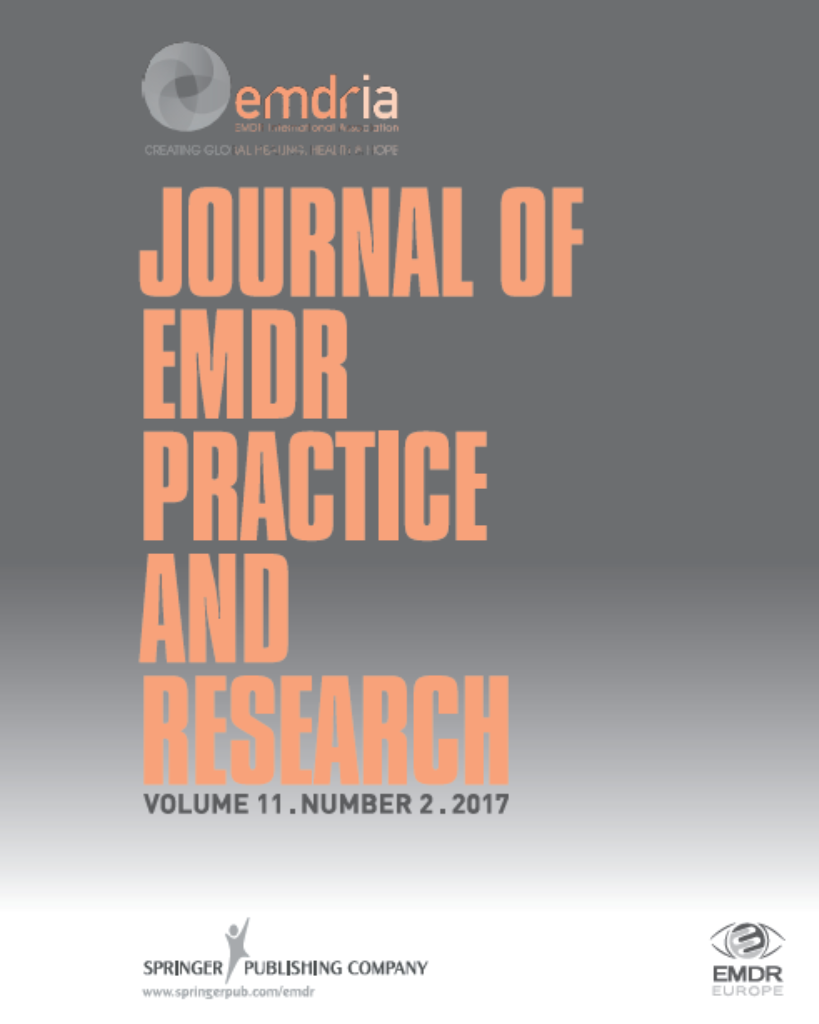Technology Acceptance and Usability of a Virtual Reality Intervention for Military Members and Veterans With Posttraumatic Stress Disorder: Mixed Methods Unified Theory of Acceptance and Use of Technology Study
Mixed methods pilot study of military/veterans with a diagnosis of combat-related PTSD, and their therapists/operators of 3MDR sessions.
Article Abstract
“Background: Military members and veterans exhibit higher rates of injuries and illnesses such as posttraumatic stress disorder (PTSD) because of their increased exposure to combat and other traumatic scenarios. Novel treatments for PTSD are beginning to emerge and increasingly leverage advances in gaming and other technologies, such as virtual reality. Without assessing the degree of technology acceptance and perception of usability to the end users, including the military members, veterans, and their attending therapists and staff, it is difficult to determine whether a technology-based treatment will be used successfully in wider clinical practice. The Unified Theory of Acceptance and Use of Technology model is commonly used to address the technology acceptance and usability of applications in 5 domains.
Objective: Using the Unified Theory of Acceptance and Use of Technology model, the purpose of this study was to determine the technology acceptance and usability of multimodal motion-assisted memory desensitization and reconsolidation (3MDR) on a virtual reality system in the primary user group (military members and veterans with treatment-resistant PTSD, 3MDR therapists, and virtual reality environment operators).
Methods: This mixed methods embedded pilot study included military members (n=3) and veterans (n=8) with a diagnosis of combat-related PTSD, as well as their therapists (n=13) and operators (n=5) who completed pre-post questionnaires before and on completion of 6 weekly sessions of 3MDR. A partial least squares structural equation model was used to analyze the questionnaire results. Qualitative data from the interviews were assessed using thematic analysis.
Results: Effort expectancy, which was the most notable predictor of behavioral intention, increased after a course of 3MDR with the virtual reality system, whereas all other constructs demonstrated no significant change. Participants’ expectations of the technology were met, as demonstrated by the nonsignificant differences in the pre-post scores. The key qualitative themes included feasibility and function, technical support, and tailored immersion.
Conclusions: 3MDR via a virtual reality environment appears to be a feasible, usable, and accepted technology for delivering 3MDR to military members and veterans who experience PTSD and 3MDR therapists and operators who facilitate their treatment.”
—Description from publisher
Article Access
Open Access
Jones, C., Cruz, A. M., Smith-MacDonald, L., Brown, M. R. G., Vermetten, E., & Breamult-Phillips, S. (2022). Technology Acceptance and Usability of a Virtual Reality Intervention for Military Members and Veterans With Posttraumatic Stress Disorder: Mixed Methods Unified Theory of Acceptance and Use of Technology Study. JMIR Formative Research. 2022;6(4):e33681 https://doi.org/10.2196/33681
Date
April 21, 2022
Creator(s)
Chelsea Jones, Antonio Miguel Cruz, Lorraine Smith-MacDonald
Contributor(s)
Matthew R. G. Brown, Eric Vermetten, Suzette Brémault-Phillips
Client Population
Military/Veterans
Extent
19 pages
Publisher
JMIR
Rights
© Chelsea Jones, Antonio Miguel Cruz, Lorraine Smith-MacDonald, Matthew R G Brown, Eric Vermetten, Suzette Brémault-Phillips. Originally published in JMIR Formative Research (https://formative.jmir.org), 21.04.2022. This is an open-access article distributed under the terms of the Creative Commons Attribution License (https://creativecommons.org/licenses/by/4.0/), which permits unrestricted use, distribution, and reproduction in any medium, provided the original work, first published in JMIR Formative Research, is properly cited. The complete bibliographic information, a link to the original publication on https://formative.jmir.org, as well as this copyright and license information must be included.
APA Citation
Jones, C., Cruz, A. M., Smith-MacDonald, L., Brown, M. R. G., Vermetten, E., & Breamult-Phillips, S. (2022). Technology Acceptance and Usability of a Virtual Reality Intervention for Military Members and Veterans With Posttraumatic Stress Disorder: Mixed Methods Unified Theory of Acceptance and Use of Technology Study. JMIR Formative Research. https://doi.org/10.2196/33681
Audience
EMDR Therapists, Other Mental Health Professionals
Language
English
Content Type
Article, Peer-Reviewed
Access Type
External Resource, Open Access





